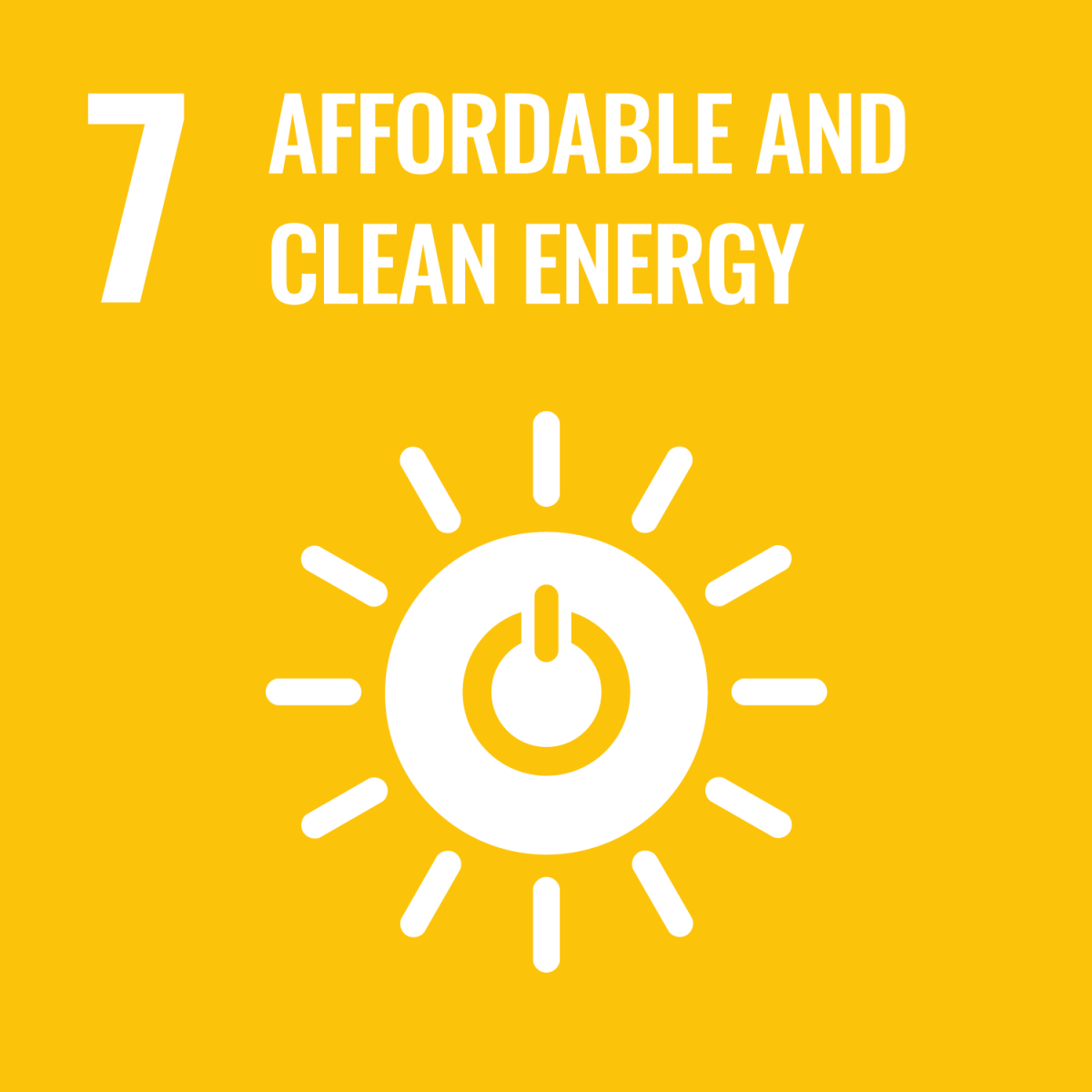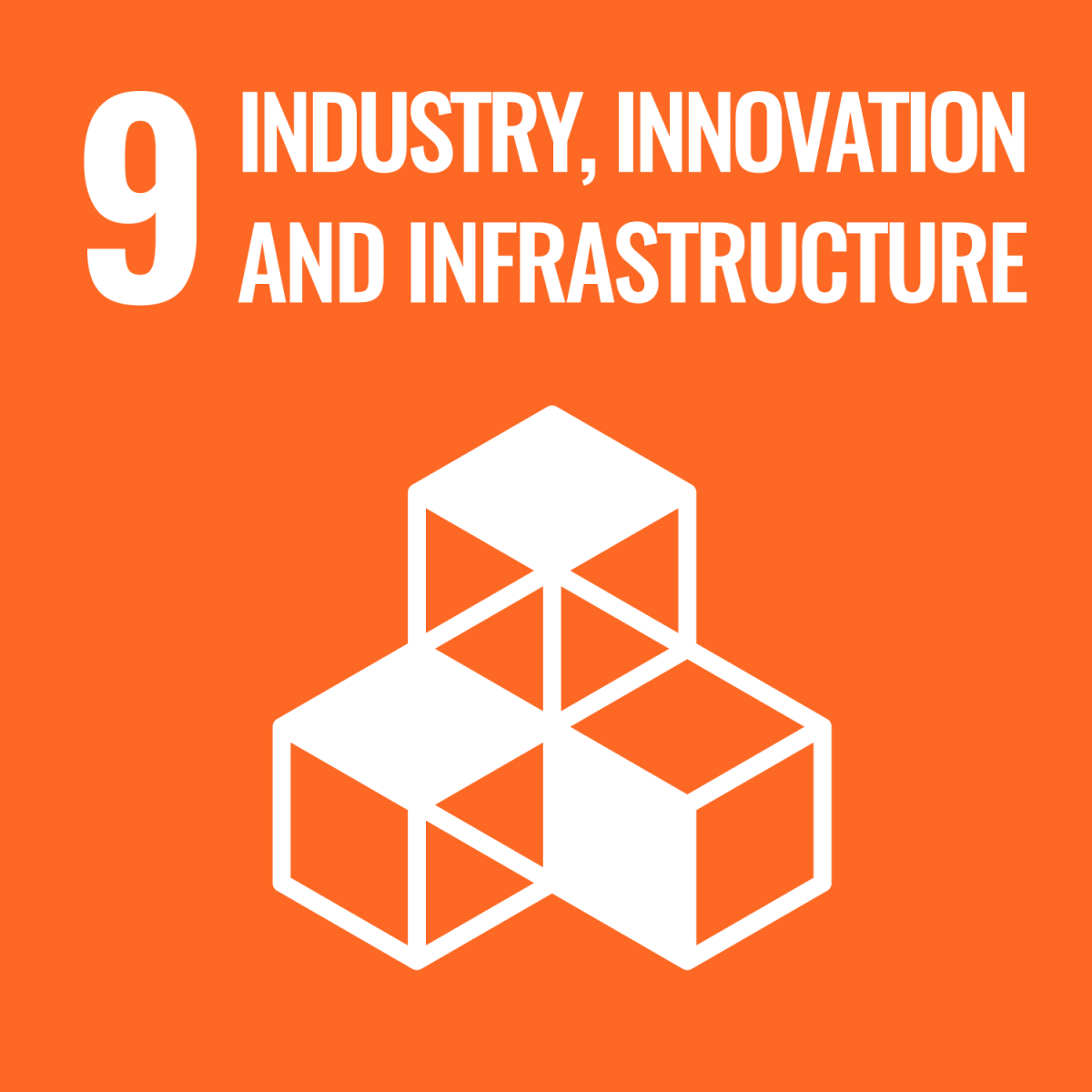Fostering Positive Private Sector Engagement in the Med Energy Landscape
Fostering Positive Private Sector Engagement in the Med Energy Landscape
Nicolò Sartori and Margherita Bianchi*
Energy lies at the heart of Mediterranean trends linked to demographic growth and urbanisation and is a major driver for encouraging economic forecasts despite persistent political tensions in the area. The massive availability of renewable energy (RES), backed by natural gas, is set to play an ever stronger role in regional energy mixes. Yet, the impact of such resources remains negligible for the time being.
To address this shortcoming and provide avenues for an increased penetration of these resources in the future, a more coherent and sustained involvement of multiple stakeholders will be essential. Private operators, in particular, can help unlock this hitherto underdeveloped potential, strengthening associated economic and social benefits for states and societies across the Mediterranean.[1]
With fast-declining technology costs and abundant solar and wind exposure, the low level of RES penetration in Mediterranean countries may appear paradoxical: the south-eastern European region alone has an estimated electricity generation capacity of 740 Gigawatts (GW).[2] The area is also rich in gas reserves. Alongside the well-known cases of Algeria, Egypt and Libya, the Eastern Mediterranean has gained momentum with important offshore discoveries over the last decade.
Notwithstanding this potential, several countries in the area continue to rely on more polluting fossils – from Cyprus and Turkey, to Lebanon, Bulgaria and Croatia. Coal and oil prevail in the energy consumption of these countries, despite international commitments to progressively decarbonise energy mixes and increase quotas of RES.[3]
Political uncertainty and the consequent reduction in investments have negatively influenced the exploitation of cleaner resources and the reconversion of the energy industry. Nevertheless, the industrial sector has expanded and, in parallel with sustained electrification policies, has boosted energy demand.
Forecasts suggest these trends are likely to persist,[4] putting the resilience of the energy sector of the entire region at risk, both for traditional importers, exposed to problems of energy security, and for traditional producers, obliged to divert part of their products towards internal consumption rather than accruing important revenues via trade exports. Being more exposed to global warming than the rest of the world (+25 per cent),[5] energy security is only one part of the challenge facing Mediterranean states, needing to be tackled in parallel with climate security risks.
Traditionally very strong on fossil fuels, energy interests and relations across the Mediterranean gain renewed impetus if approached though the lens of the energy transition. Renewables represent a massive revolution at the local level and for new commercial prospects; as does gas, the less polluting fossil that that will prove indispensable to drive decarbonisation strategies in the medium term for many countries in the region. The future role of biogas and “green” hydrogen from RES, whose cost could decrease by up to 70 per cent over the next decade, also opens prospects for competitive production and trade across the Mediterranean.
Despite these promising scenarios, current levels of institutional cooperation in the area appear ineffective. EU action towards the Middle East and North Africa (MENA), for example, lacks clear vision and direction. This approach is evident in its most recent strategic documents – the Energy Union or the review of the European Neighbourhood Policy – which lack clear strategic references to the energy sector. At the operational level, initiatives such as the Union for the Mediterranean (UfM), MedReg or Med-TSO[6] have been established, together with several projects of the European Investment Bank (EIB).[7] In this intricate framework, several (and sometimes overlapping) initiatives carried out by single countries or their associated businesses have further complicated the picture.
While the important work carried out in most of these fora is undeniable, the absence of coordination and the plethora of actors and instruments involved have slowed the energy transformation of the region. Moreover, more resources should be channelled towards the energy transition challenge. The progressive elimination of the most polluting generative capacity, a ban on new coal-fired assets, the efficiency of the most polluting sectors and the guarantee of complying with international climate commitments are all priority areas that should be pursued more decisively.
Private sector involvement is already important, but could certainly be expanded. Benefits would go far beyond the energy sector and Sustainable Development Goals (SDGs) 7 and 13,[8] strengthening regional cooperation, economic and commercial opportunities through the development of innovative business models.
The consolidated and proactive approach of the Italian private sector makes it one of the key players in the Mediterranean energy game. Major national players such as Enel, Snam, Terna, Eni and Edison together with international players active in Italy, primarily Trans-Adriatic Pipeline (TAP), are among the main drivers towards the transformation of the energy sector in the Southern and Eastern Mediterranean area.
From its historical presence in Algeria and Libya to the recent discovery of the Zohr gas field in Egypt, Eni is a leading player in the gas sector. Its activity in Egyptian waters allowed the country to (re)gain self-sufficiency for its domestic gas demand, while opening new profitable prospects for export.
Success stories also concern infrastructure, with Snam being a shareholder within the TAP consortium working on the transfer of gas from Azerbaijan to Italy, thus strengthening the diversification of national (and European) supply lines and contribute to the regional gasification of the Western Balkans. The Trans-Adriatic Pipeline is intended to reach south-eastern European markets by connecting the planned Greek-Bulgarian gas pipeline (IGB) to the trans-Adriatic gas pipeline (IAP) – currently in its authorisation phase – thereby promoting an increased phase out of more polluting coal resources in the area.
Snam, alongside the Egyptian Holding Gas Company (EGAS), looks at the gas transportation infrastructure in Egypt with interest, having recently signed an MoU for cooperation. Edison is also active in the Levant, involved in the EastMed gas pipeline project, a project of common interest (PCI) according to the European Commission, which hopes to connect resources located in the Eastern Mediterranean to the European continent through the construction of a pipeline – a pipedream as it has been described by many – from the Eastern Mediterranean.
Terna – the Italian electricity transmission system operator – plays a leading role in the field of electric interconnections, and is currently involved in the setup of a submarine interconnector (between Sicily and Tunisia) aimed at strengthening links between North African and European markets and decarbonising the north-south axis. The company has recently inaugurated another interconnection infrastructure between Pescara (Italy) and Kotor (Montenegro) thought which to allow increased energy trade with the Balkans and ultimately improve integration within the European grid.
The expansion of the transport infrastructure goes hand in hand with the growing penetration of renewable energies into the system, a sector in which Italy’s Enel plays a leading role in the Mediterranean context, especially in Morocco, Romania, Greece and Spain, by expanding the renewable generation capacity in these countries.
Solutions to the energy transition lie on complementary energy sustainability, access and security interests within the region, with several opportunities for both local development and the trade of local resources, a major reason why more effective cooperation across the region is desirable. Building on the positive legacy gathered over recent decades, private sector engagement should be encouraged, ideally framed into a more coherent vision at the EU level.
Sustainability and decarbonisation should become the sine qua non criteria of regional cooperation. The exploitation of local resources (renewables and gas) should be fostered to respond more sustainably to the growing energy demand in loco, looking at countries on the southern shore – rich in resources – through a sustainable growth lens rather than only through their potential as exporters.
In this context, cooperation should not untie, but rather strengthen, the link between energy transition and socio-economic transition of the Mediterranean area. A “just transition” must be guaranteed, especially in those countries where the energy sector (traditionally based on hydrocarbons) represents the basis of economic prospects and a tool for social pacification.
Institutional actors should support a long-term vision that encourages action and enhances the volume of investments where needed, in particular: the decarbonisation of electricity generation, infrastructure development, new electrification and digitalisation solutions. In this sense, existing transversal and bottom-up instruments of dialogue and cooperation (such as MedReg or Med-TSO) could be strengthened and possibly applied to other sectors (e.g. financing mechanisms for private actors) in order to coherently reorient Mediterranean capitals towards sustainable priorities.
Finally, the use of the entire range of financial instruments available and access to the capital market for the many private operators in the region should be ensured, while mechanisms of sustainable finance for companies should be expanded – or replicated where best practices are already in place (such as green or transition bonds, for instance).
* Nicolò Sartori is Head of the Energy, Climate & Resources Programme at the Istituto Affari Internazionali (IAI). Margherita Bianchi is Junior Researcher in the same programme.
[1] For a broader reading on the topic: Nicolò Sartori and Margherita Bianchi, “Energie nel Mediterraneo e il ruolo del settore privato”, in IAI Papers, No. 19|21 (November 2019), https://www.iai.it/en/node/10976.
[2] Marcin Ścigan et al., Cost-Competitive Renewable Power Generation, Potential across South East Europe, Abu Dhabi, International Renewable Energy Agency (IRENA), January 2017, p. 27, https://www.irena.org/publications/2017/Jan/Cost-competitive-renewable-power-generation-Potential-across-South-East-Europe.
[3] Renewable share in final energy consumption: Cyprus (9.84 per cent), Turkey (13.24 per cent), Egypt (5.69 per cent), Israel (3.91 per cent), Greece (16.1 per cent), Bulgaria (17.66 per cent). Source: International Energy Agency (IEA), Statistic Data Browser, https://www.iea.org/data-and-statistics.
[4] In the Middle East and North Africa, energy demand is increasing. Estimates predict increases from 740 million tons of oil equivalent (Mtoe) in 2017 to 1,200 in 2040, placing the region in third place over the next two decades in the ranking of the most energy-intensive regions after India and China. See: IEA, World Energy Outlook 2018, November 2018, p. 562.
[5] Wolfgang Cramer et al., “Climate Change and Interconnected Risks to Sustainable Development in the Mediterranean”, in Nature Climate Change, Vol. 8, No. 11 (November 2018), p. 972-980.
[6] MedReg stands for the Association of Mediterranean Energy Regulators, which gathers 27 energy regulators from 22 countries, spanning the European Union, the Balkans and the MENA region. Med-TSO is the Association of the Mediterranean Transmission System Operators (TSOs) for electricity, operating the high voltage transmission networks of 19 Mediterranean countries (Albania, Algeria, Croatia, Cyprus, Egypt, France, Greece, Israel, Italy, Jordan, Libya, Montenegro, Morocco, Palestine, Portugal, Slovenia, Spain, Tunisia, Turkey).
[7] EIB signed 30 per cent of the operations in the area in support of climate action. See EIB website: Financed Projects, https://www.eib.org/en/projects/loans/index.htm.
[8] In the framework of the 2030 Agenda for Sustainable Development, SDG 7 aims at ensuring access to affordable, reliable and modern energy for all. SDG 13 aims at taking urgent action to combat climate change and its impacts. For more information, see the official website: https://sustainabledevelopment.un.org.



-
Details
Rome, IAI, December 2019, 5 p. -
In:
-
Issue
19|69



